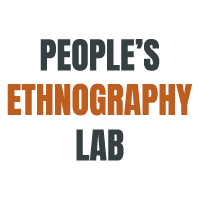Academic Role and Research Approach
Camilo Ruiz is an Assistant Professor at the University of Connecticut. He is an anthropologist with more than fifteen years of experience in ethnographic and anthropological work in urban contexts in Colombia and the United States. He uses the combined strengths of participatory action research (PAR), anthropology, public health, and the arts to engage in collaborative research with often-overlooked communities. His current work sheds light on the growing opioid epidemic in urban Colombia through the gaze and narratives of impoverished heroin users navigating pleasure, pain, addiction, limited access to opioid replacement therapy, homelessness, and stigma.


HIV/AIDS and Masculinities in Colombia
Camilo has also conducted extensive research with communities living with HIV/AIDS in Colombia, including heterosexual men, who are the focus of his latest research project in this area. The shape of the HIV epidemic in Colombia has shifted since the 80s and now affects significantly more heterosexual men, which challenges the ways in which the intersection of HIV and masculinities has historically been understood in Latin America. Today, more men with heteronormative behaviors and identities become infected with HIV through heterosexual sex, intravenous drug use, or war events, while others are born with the virus. Camilo’s work reveals the struggles of HIV-positive heterosexual men to find tailored support within stagnant paradigms of care, which often leads them to relapse into AIDS, spread the virus to others, and experience HIV as a terminal rather than chronic disease.
Latinx Migrations and Urban Revitalization in the U.S.
Camilo has also researched the dynamics of Latinx communities settling in new growth communities in the US Midwest. He is expanding this branch of his research into a broader analysis of Latinx settlements in the post-industrial urban landscape of the US Northeast, where impoverished migrants give life to the crumbling cities they call home while transforming them into globalized multicultural spaces. He is now building a participatory action research lab that will serve the city of Hartford, Connecticut, to dig deeper into this phenomenon from a bottom-up, collaborative perspective.




